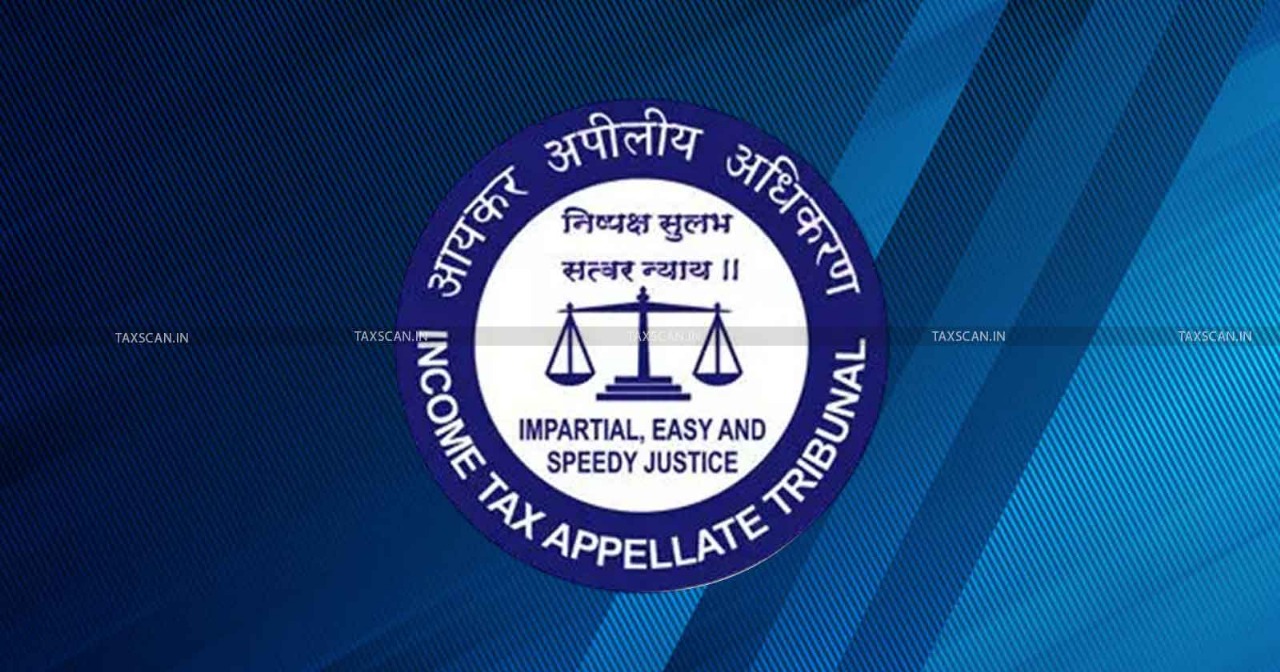Fraudulent ITC Claims Severely Harm GST System, Writ Jurisdiction to Be Used Sparingly: Delhi HC [Read Order]
The Delhi High Court rules that fraudulent ITC claims harm the GST system and must be challenged through proper appeal, not writ petitions
![Fraudulent ITC Claims Severely Harm GST System, Writ Jurisdiction to Be Used Sparingly: Delhi HC [Read Order] Fraudulent ITC Claims Severely Harm GST System, Writ Jurisdiction to Be Used Sparingly: Delhi HC [Read Order]](https://images.taxscan.in/h-upload/2025/07/18/2065129-fraudulent-itc-claims-itc-claims-itc-itc-claims-severely-harm-gst-system-gst-system-taxscan.webp)
In a recent ruling, the Delhi High Court held that fraudulent Input Tax Credit (ITC) claims can seriously harm the GST system and that writ jurisdiction should be used sparingly in such cases.
High Precision Corps filed a writ petition under Article 226 of the Constitution challenging a demand order dated 28.02.2025, which raised a tax liability of ₹65.21 lakhs. The order was based on a show cause notice issued in November 2024, to which the petitioner had submitted a reply.
 Also Read:ITAT Condones Significant Appeal Delay for Elderly Directors Citing Health Concerns Due to Pandemic [Read Order]
Also Read:ITAT Condones Significant Appeal Delay for Elderly Directors Citing Health Concerns Due to Pandemic [Read Order]
One part of the notice regarding ineligible ITC was decided in favour of the petitioner, and the department rejected the other part concerning ITC claimed from cancelled dealers, on the ground that the suppliers were non-existent and no real supply of goods or services had taken place.
The petitioner’s counsel argued that the demand was based on retrospective application of amended Section 41 of the CGST Act, which came into effect only on 01.10.2022. The counsel argued that the adjudicating authority wrongly applied this provision to transactions that occurred earlier and that such retrospective application was not valid.
Comprehensive Guide of Law and Procedure for Filing of Income Tax Appeals, Click Here
 Also Read:ITAT Condones Significant Appeal Delay for Elderly Directors Citing Health Concerns Due to Pandemic [Read Order]
Also Read:ITAT Condones Significant Appeal Delay for Elderly Directors Citing Health Concerns Due to Pandemic [Read Order]
The department’s counsel argued that the petitioner had availed ITC from fake suppliers whose registrations had been cancelled, and there was no genuine supply. The counsel submitted that the claim was fraudulent and required detailed factual examination, which could not be done in a writ petition.
The division bench comprising Justice Prathiba M. Singh and Justice Rajneesh Kumar Gupta referred to a previous case and held that fraudulent ITC claims cause a significant dent in the GST system and must be treated seriously.
The court stated that ITC under Section 16 of the CGST Act is an incentive meant to promote ease of business, but it must not be misused. It further stated that cases involving fake firms and fraudulent ITC claims required detailed factual analysis, which is not suitable for a decision under writ jurisdiction.
The court found that the petitioner had an alternate remedy under Section 107 of the CGST Act and should file an appeal instead. Although the time to file the appeal had already expired, the court granted the petitioner one additional month to do so, along with the required pre-deposit. The court clarified that if the appeal is filed within this time, it should not be dismissed on limitation grounds but heard on merits.
The court made no finding on the merits of the case and disposed of the writ petition, allowing the petitioner to pursue the matter before the appellate authority.
Support our journalism by subscribing to Taxscan premium. Follow us on Telegram for quick updates


